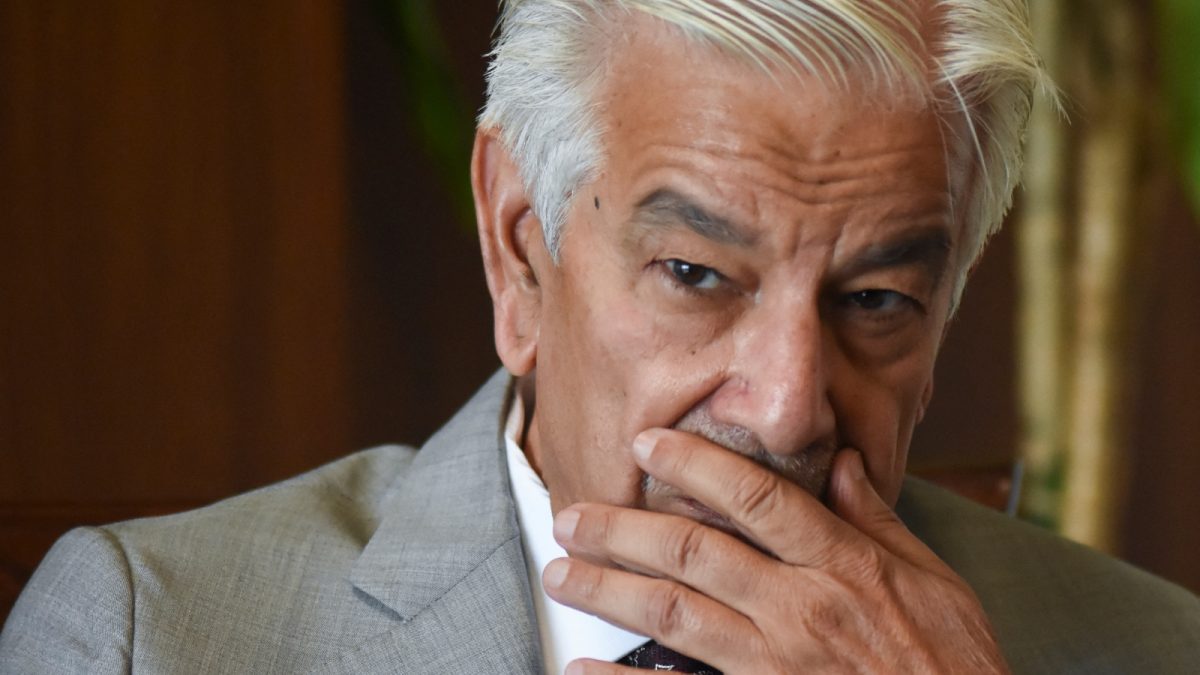Last Updated:March 31, 2025, 16:53 IST
Teachers say that if students rely too much on chatbots they will end up atrophying critical thinking muscles.

Teachers are seen behind a laptop during a workshop on ChatGPT bot organised for by the School Media Service (SEM) of the Public education of the Swiss canton of Geneva. (IMAGE: AFP)
Teachers in the US have flagged the rising usage of generative AI tools among students and warned that extensive reliance on chatbots could risk atrophying critical thinking muscles.
Atrophying refers to something weakening or shrinking due to lack of use – just like muscles that get weaker if you don’t exercise.
“It’s like expecting to run a mile when you’ve only ever run a 40-yard dash," an English teacher from the US state of Atalanta was quoted as saying by news outlet Axios.
Gina Parnaby, a 12th-grade English teacher at Atlanta’s Marist school, said students are using AI chatbots “as a way to outsource their thinking" and “flat-out cheat".
In late 2023, a Common Sense Media survey found that nearly half of young people had never used or heard of AI tools. However, by September 2024, 70% of US teens had tried at least one generative AI tool, with over half using AI for homework assistance.
This signals that artificial intelligence is playing a dominating role in how students in schools, colleges and universities study but teachers fear it is coming at the cost of losing critical thinking skills.
Parnaby, who teaches AP Language and Composition, explained that the AP exam requires students to build well-structured arguments, testing their ability to think critically and present ideas logically.
AP Language and Composition is a college-level course in US high schools that focuses on writing, rhetoric and critical thinking.
Alexa Borota, an 11th-grade teacher at New Jersey’s Trenton Central High School, told the news outlet that they agree with their Atlanta colleague.
Borota says AI may weaken students’ critical thinking abilities and further diminish attention spans, which have already been affected by smartphone use.
A recent study by Carnegie Mellon University and Microsoft warned that improper use of generative AI can weaken essential cognitive skills.
Both teachers warned that AI has a more damaging impact on younger students who lack the foundational knowledge of college or graduate students.
Parnaby and Borota also stressed that constant AI dependence could leave students struggling to complete standardized tests like the SAT and ACT, which are essential for college admissions.
“For some kids … they don’t have a parent at home who might be able to help them, or … English isn’t their first language. This is a way to level the playing field," says Denise Pope, a senior lecturer at Stanford’s School of Education, while speaking to the news outlet.
Pope pointed out that if used correctly, AI systems have the potential to act as tutors for kids who need extra help with schoolwork.
Pope argued that students must learn to use AI, as it will become increasingly common in the workplace. She encouraged teachers to redesign assignments to promote critical thinking, such as having students analyse and critique AI-generated essays.
Location :Washington D.C., United States of America (USA)
First Published:March 31, 2025, 16:53 IST
News world Students Using AI To Outsource Their Thinking, Teachers Warn: ‘Flat-Out Cheat’

 1 month ago
1 month ago
















